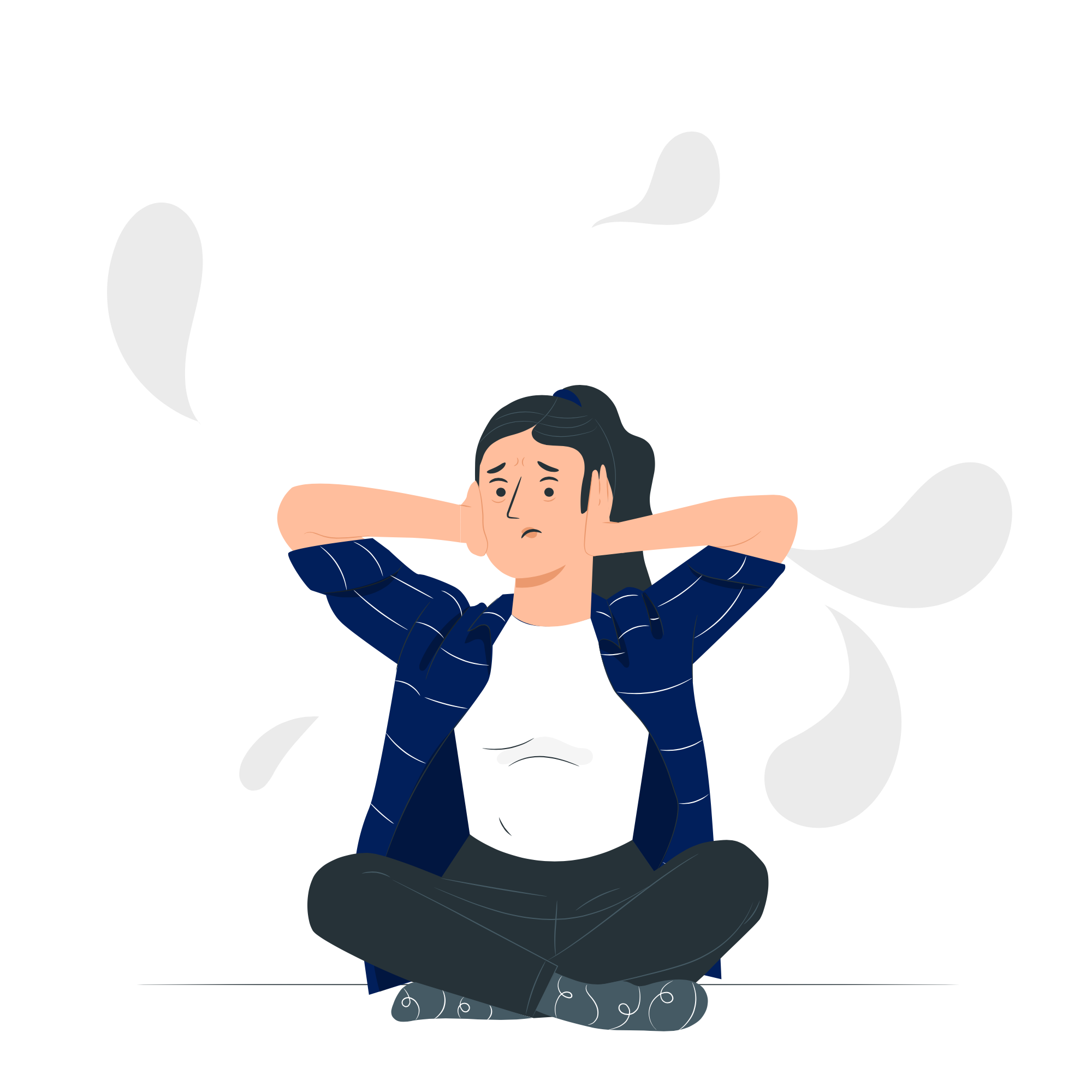Join our OCD Treatment Study!
Researchers at the University of Pennsylvania's Perelman School of Medicine are partnering with individuals diagnosed with or experiencing symptoms of OCD for a study evaluating a potential treatment.

Fast Facts
diagnosed with OR experiencing symptoms of OCD
men & women 18-45 years old
Compensation Provided
recruiting participants from NJ, DE, & PA
Study Background
The purpose of this research study is to examine the effect of delivering Exposure and Ritual Prevention (EX/RP), a first-line treatment for OCD, to males and also to females during different phases in their menstrual cycle. The goal of this study is to determine the effects of hormones on the brain’s fear extinction network and on individuals’ OCD symptoms, with the long-term goal of optimizing EX/RP for individuals suffering from OCD. Specifically, we are interested in seeing if this combination of naturally cycling hormone levels and EX/RP therapy will improve fear extinction as assessed through an emotional learning task that will be done in an fMRI scanner.
EX/RP is a first-line, evidence-based therapy that focuses on helping individuals with OCD face their obsessions or fears and resist their compulsions. Although EX/RP therapy is considered a gold-standard treatment for OCD, some people do not fully recover after receiving EX/RP therapy and others do not benefit at all from this treatment. Based on previous findings that certain hormones facilitate people learning not to fear things they had feared before, we want to examine EX/RP therapy with different levels of naturally occurring hormones. This study will compare fear extinction and OCD symptoms after therapy across men and women, and across women in different sub-groups.
Your participation may help researchers improve treatment approaches for OCD in the future. Further research today and join our compensated study!

Study Background
The purpose of this research study is to examine the effect of delivering Exposure and Ritual Prevention (EX/RP), a first-line treatment for OCD, to males and also to females during different phases in their menstrual cycle. The goal of this study is to determine the effects of hormones on the brain’s fear extinction network and on individuals’ OCD symptoms, with the long-term goal of optimizing EX/RP for individuals suffering from OCD. Specifically, we are interested in seeing if this combination of naturally cycling hormone levels and EX/RP therapy will improve fear extinction as assessed through an emotional learning task that will be done in an fMRI scanner.
EX/RP is a first-line, evidence-based therapy that focuses on helping individuals with OCD face their obsessions or fears and resist their compulsions. Although EX/RP therapy is considered a gold-standard treatment for OCD, some people do not fully recover after receiving EX/RP therapy and others do not benefit at all from this treatment. Based on previous findings that certain hormones facilitate people learning not to fear things they had feared before, we want to examine EX/RP therapy with different levels of naturally occurring hormones. This study will compare fear extinction and OCD symptoms after therapy across men and women, and across women in different sub-groups.
Your participation may help researchers improve treatment approaches for OCD in the future. Further research today and join our compensated study!
Additional Information
You may qualify for this study if you meet the following criteria.
Key Criteria:
- Diagnosed with or experiencing symptoms of OCD
- 18-45 years old
- Women must be menstruating and regularly cycling with an average period of ~21-35 days
- Can endure a period of time without using any medication or more intensive therapy for OCD or another mental health condition
- Not taking psychotropic medications for at least 12 weeks
- Not pregnant or using birth control
Once enrolled, participation involves two fMRI scans and eight sessions of EX/RP therapy for OCD. The EX/RP therapy will be a mix of in-person and virtual sessions. Additionally, you will complete a two-day stress response task, one of the days includes the MRI mentioned previously. You will also complete virtual interviews with a clinician and will do a virtual follow-up with the therapist at the end of the study.




